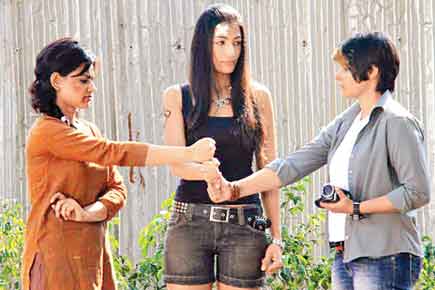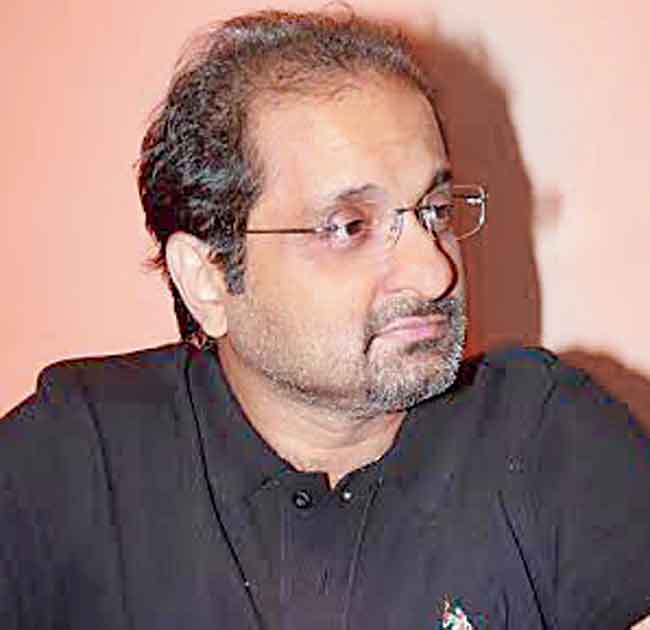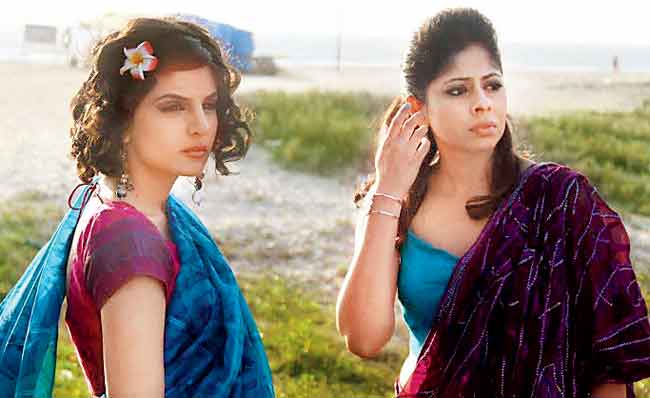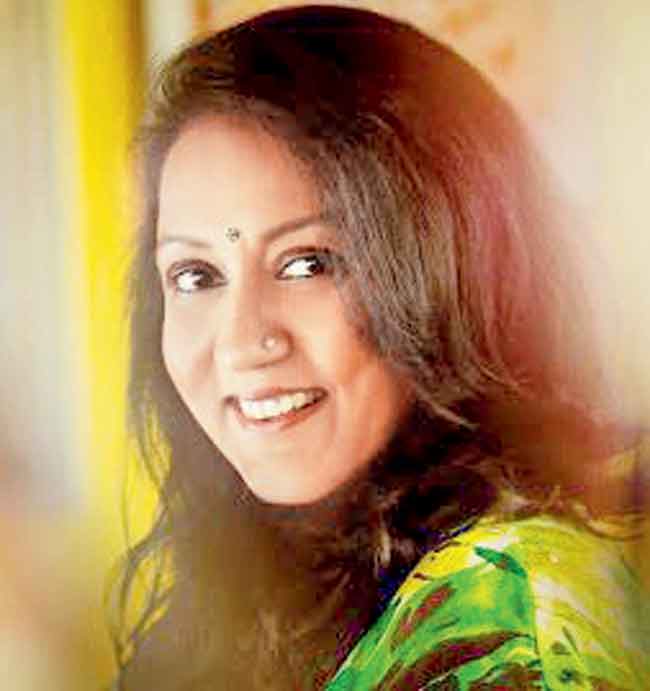On International Women's Day, Swapnal Tilekar spoke to two directors who have explored women-centric themes for their take on the portrayal of women in modern films

Tarun Madan Chopra, director of W
ADVERTISEMENT
What made you choose a topic like physical abuse and violence against women for the film?
W is a script dealing with women empowerment. The story is about Sandy, Roohi, and Manu, three women who run an events company, W, living their dreams of independence, fun, and professional success. It is about the endurance of the human spirit and seeks to empower women. When we started writing the script in 2011, a lot of incidents (rape, honour killing) were happening in the country that influenced us. Though it’s not a real life story, we spoke to a couple of victims to know their state of mind.

A still from Sandcastle
Can such women-oriented films leave an impact on society?
Cinema is a very powerful medium. Especially, in India, it shows a huge impact on audience of all age groups. I did not want to make a preachy commercial film but wanted to make something for women who consider themselves responsible for every wrong thing happening around them. Women-oriented films can at least make these women think otherwise.

Tarun Madan Chopra
Do you think that justice is done to both women as an actor and as the topic of the film?
It is true that films in India are driven by commercial cinema, but these days there are some good films being made that do justice to the character of the female protagonist and the subject of the film. Television is still into digressive depiction of women and that needs to be changed.
We hear a lot of incidents relating to the prevalence of the casting couch and sexual abuse in the entertainment industry. Is it a safe place for women?
Nobody can deny that casting couch does exist to a certain extent in the industry. But women should also think of the fact that no serious filmmaker would dare doing such stuff. Moreover, it exists in other professions also. So, we need empowered women to deal with such things.
Shomshuklla Das, director of Sandcastle
Tell us about how this film with a female protagonist shaped up?
Being a woman director, I could understand the mindset of women. I always wanted to feature a topic that deals with women’s emotions. Hence, I wrote the story of Shiela, who is searching for her inner voice that she lost over years of being a doting housewife. This is a story that every women can relate to.

After working in fields like, music, poetry, theatre and cinema for more than a decade, do you think women in these fields are well received?
I personally do not think that men are ruling any industry. Women can definitely rule if they want to; it’s just that we don't push them hard enough. Nothing can stop a woman if she aspires to chase her dreams. There are certain barriers for women but mostly in the rural areas. Lately in India, women in metros have got the liberty to go their way and chase their dreams. Slowly but steadily, we are changing and growing stronger.

Shomshuklla Das
Through all your works, you have been depicting strong women characters. Why you choose such topics?
Yes, I have shown strong women protagonists through my films and plays. This is because I think being a woman, I can deal with the problems of women in an impactful manner which men cannot. I want to show that a woman is strong enough to handle her own life and I will keep on touching these aspects of a woman to celebrate the true power of womanhood.
 Subscribe today by clicking the link and stay updated with the latest news!" Click here!
Subscribe today by clicking the link and stay updated with the latest news!" Click here!






